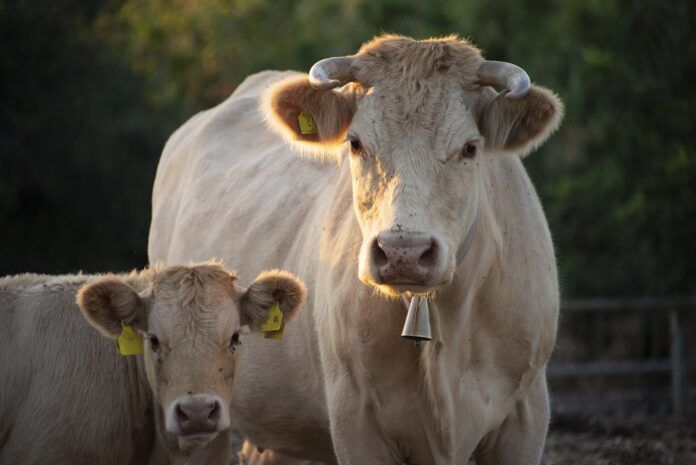As the strike by Seaspan employees continues, a Vancouver Island feed distributor is concerned many Island farms will not make it through.
The strike began in August by employees of Seaspan that are members of the Canadian Merchant Service Guild. The strike is affecting all 30 Seaspan tugs in the province.
The guild said in a press release that “in the event that the strike is delayed due to an improved offer from the employer, or when the strike at Seaspan has eventually terminated, this notice will be removed from the Guild website.”
The strike has had a heavy effect on Vancouver Island feed distributor Top Shelf Feeds. General manager Dennis Comeau says they have been struggling to get feed since the strike began, and things are becoming more expensive.
“To make up for that we’re trying to source at least 18 trucks a week to keep us in operation,” said Comeau. “We’re running short, we can’t source the trucks fast enough nor can we source transport facilities to do this quick enough.
“So every day we run out of something and we substitute something else and it’s the cost and the availability of the trucks that’s the biggest hindrance right now.”
Comeau says about 141 bulk customers depend on shipments from them to keep their farms running.
“Probably 30 to 40 per cent of those are large-scale commercial farms. Dairy, poultry broiler chickens,” he said. “At any given time we have around 300,000 broiler chickens growing throughout the year.”
With the current situation, Comeau says they might have to decide whether or not to add the extra costs to the farmers. However, he adds farmers are already paying more than they were about two years ago for feed and they might not be able to take it on.
The situation for some farmers is not as grim. Guy Sim of Birkdale Farms in Comox, B.C. says he has been fortunate enough to avoid the situation.
While Sim’s cows are grass-fed, he says he requires feed about every two weeks and it comes from the mainland on BC Ferries.
Comeau says the problem is more highlighted with poultry, as cows can be raised in the pasture if feed is low.
“This flood last year in November, if Top Shelf wasn’t on the Island it would have been catastrophic to the poultry industry,” said Comeau. “Poultry can’t survive six to eight hours without feed.
He says it’s possible about 40 per cent of the agriculture market could move out.
Comeau hopes the Seaspan strike will be resolved soon to bring a solution, or another partnership can be worked out to ship feed from the mainland to Nanaimo.






